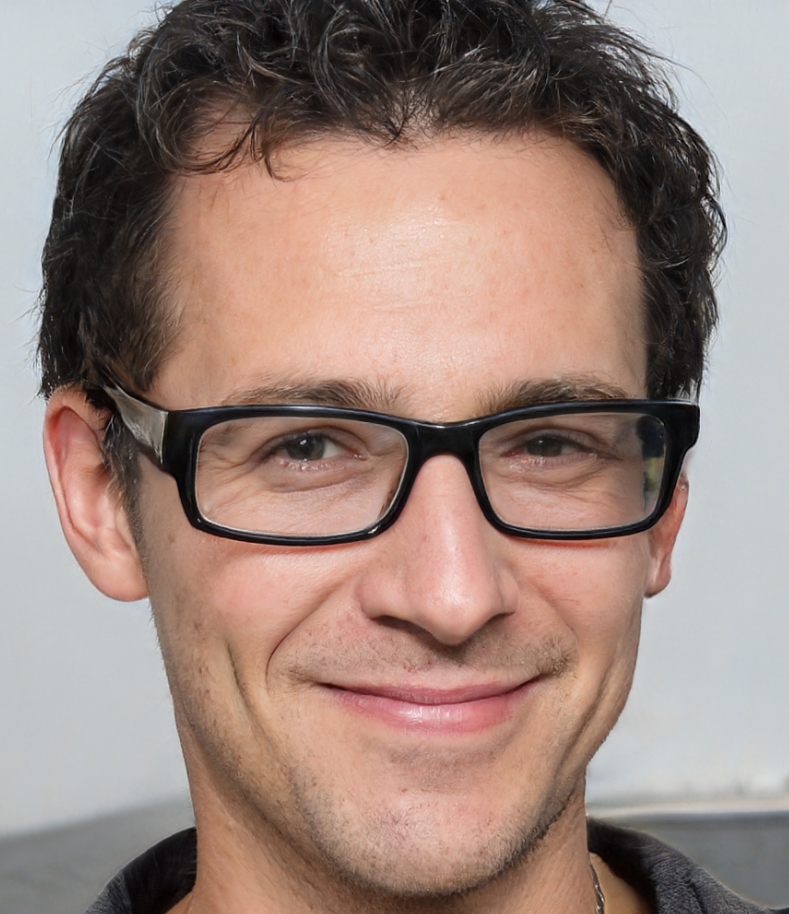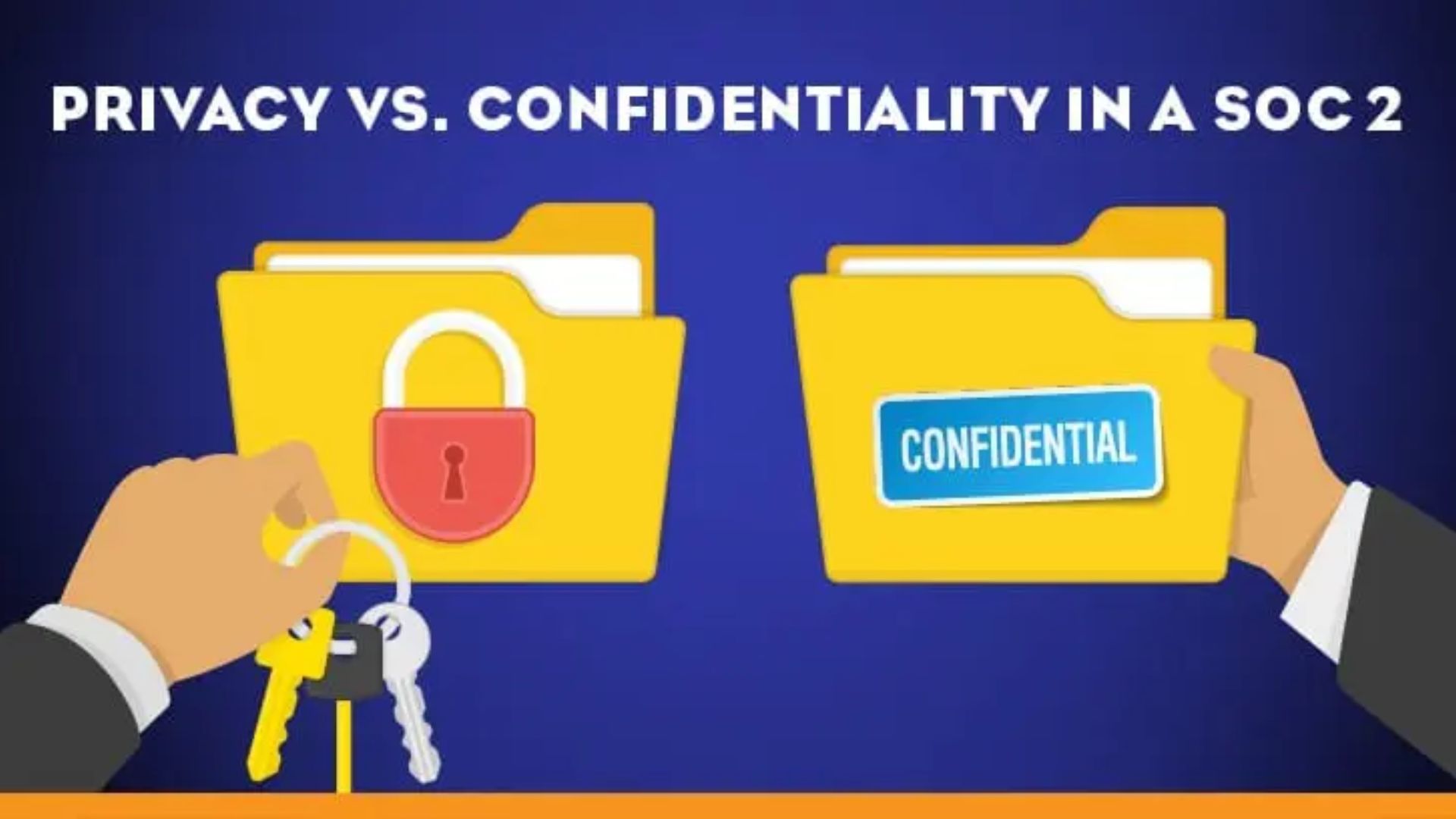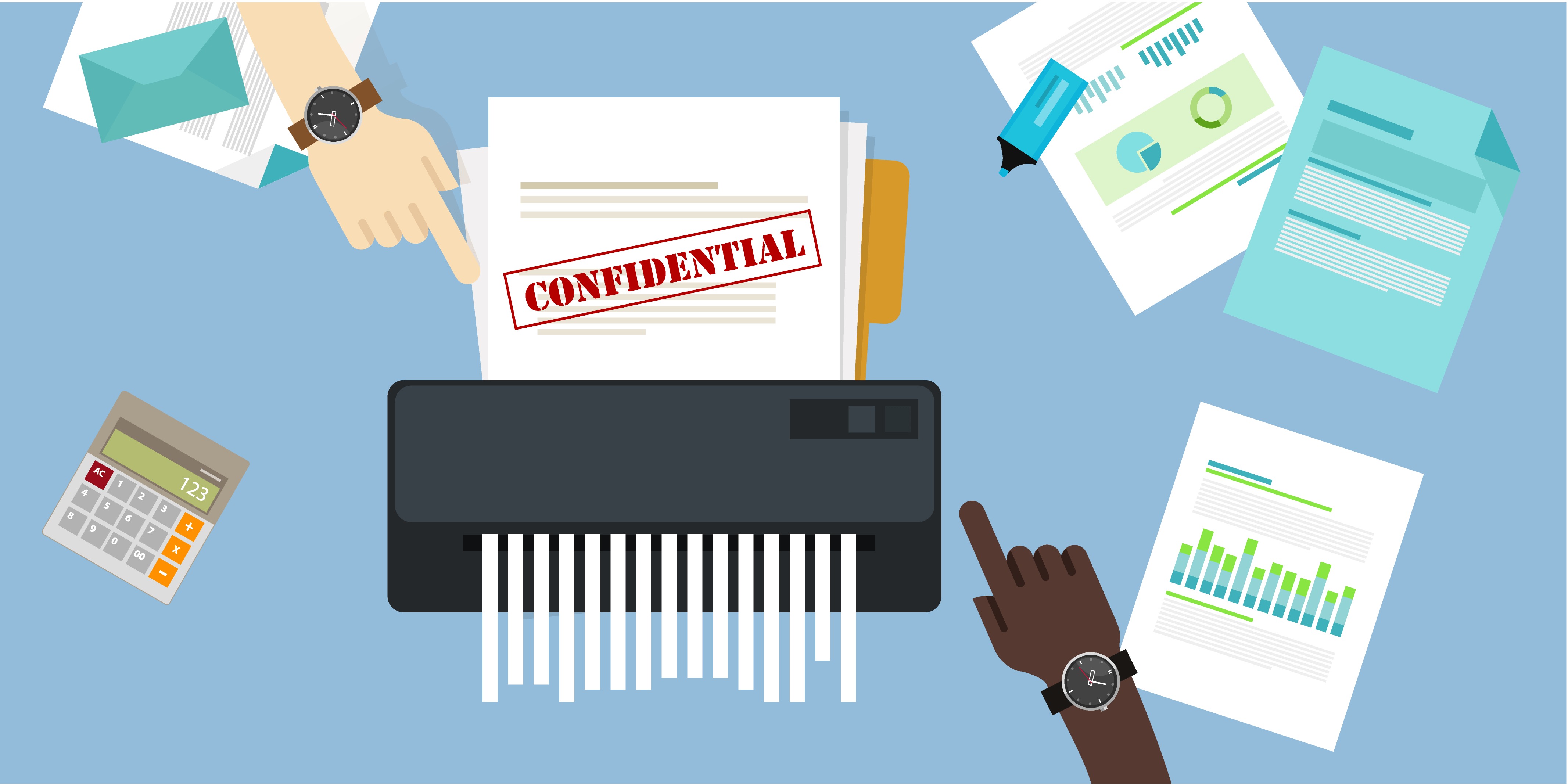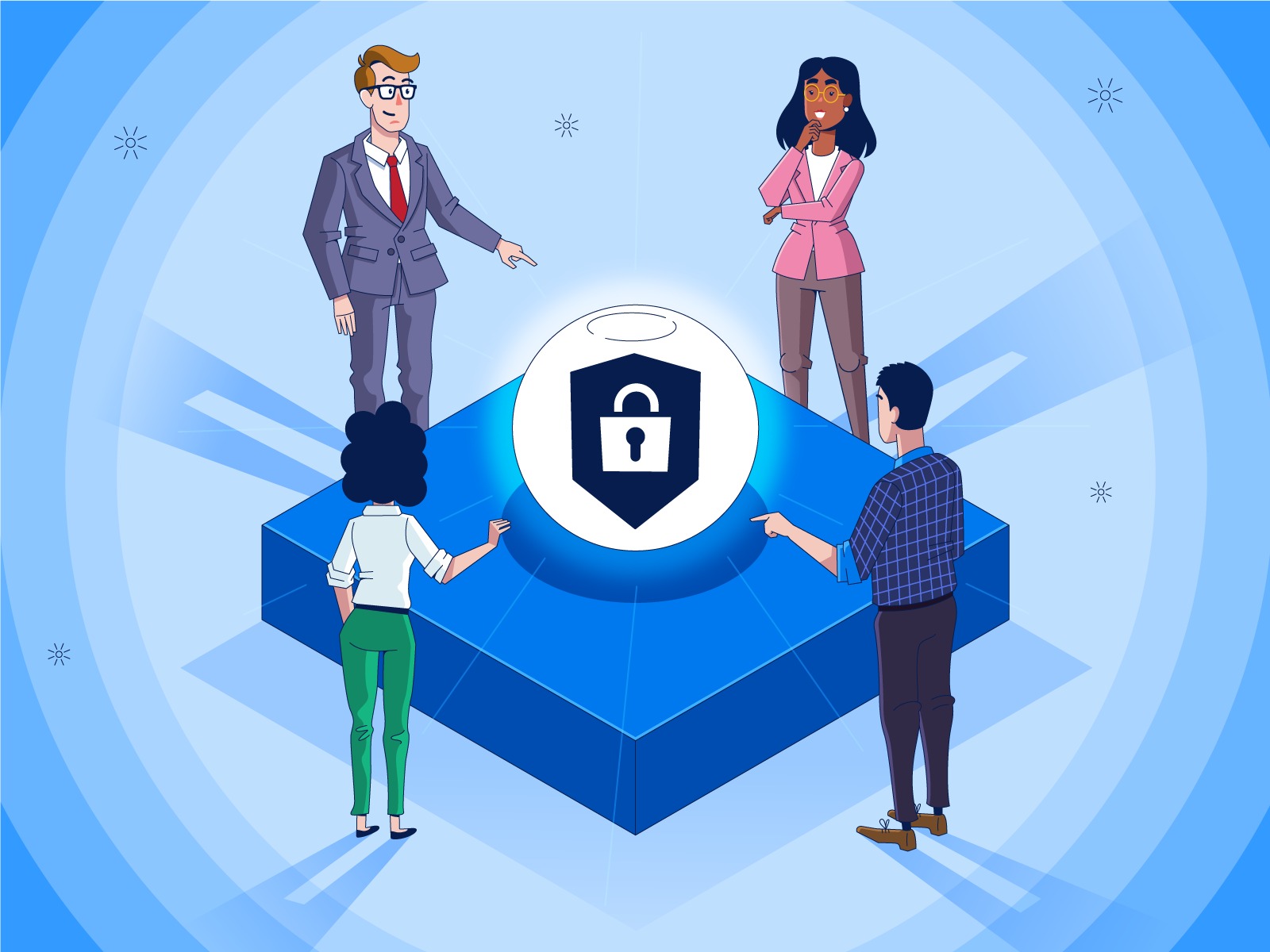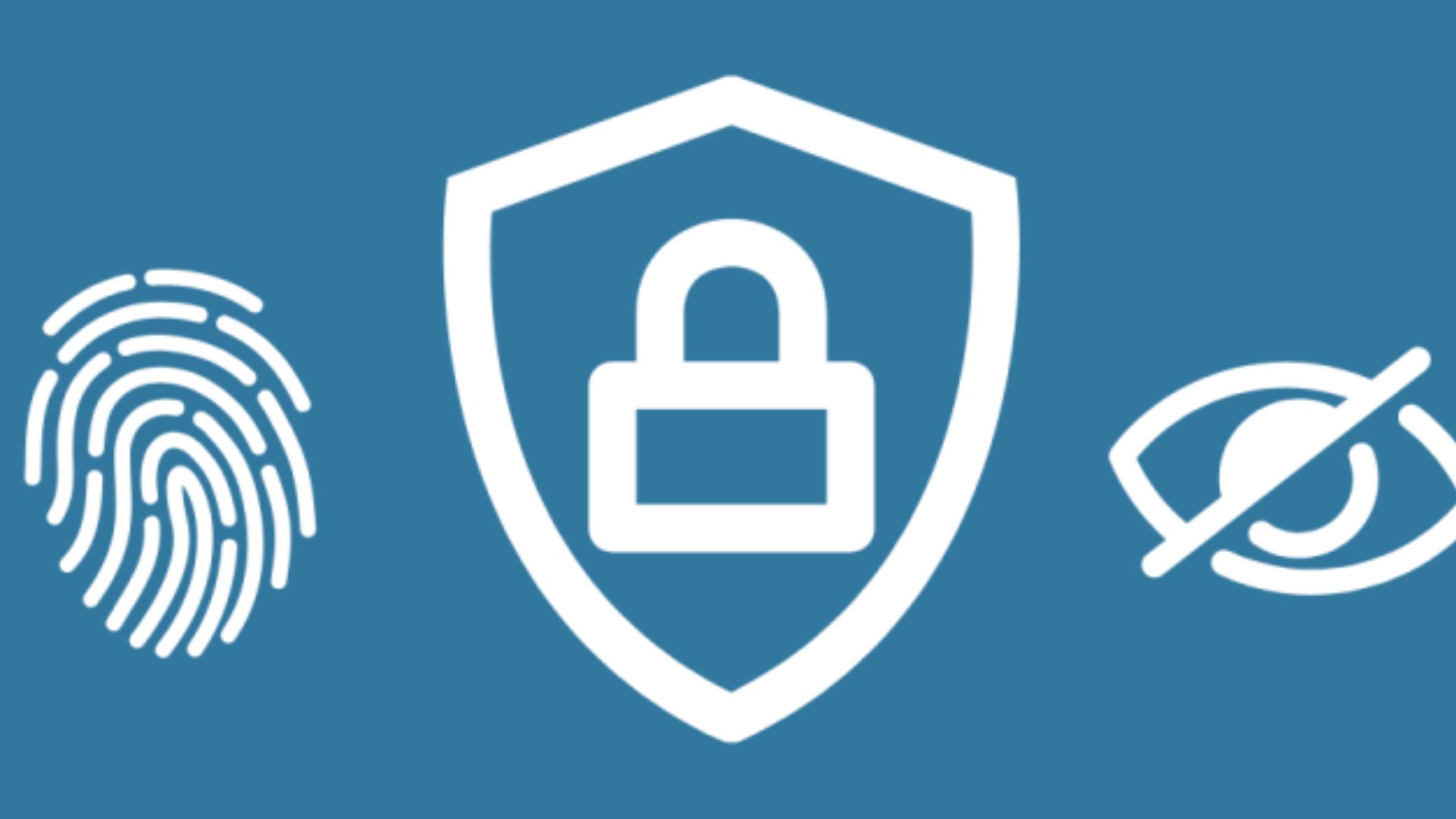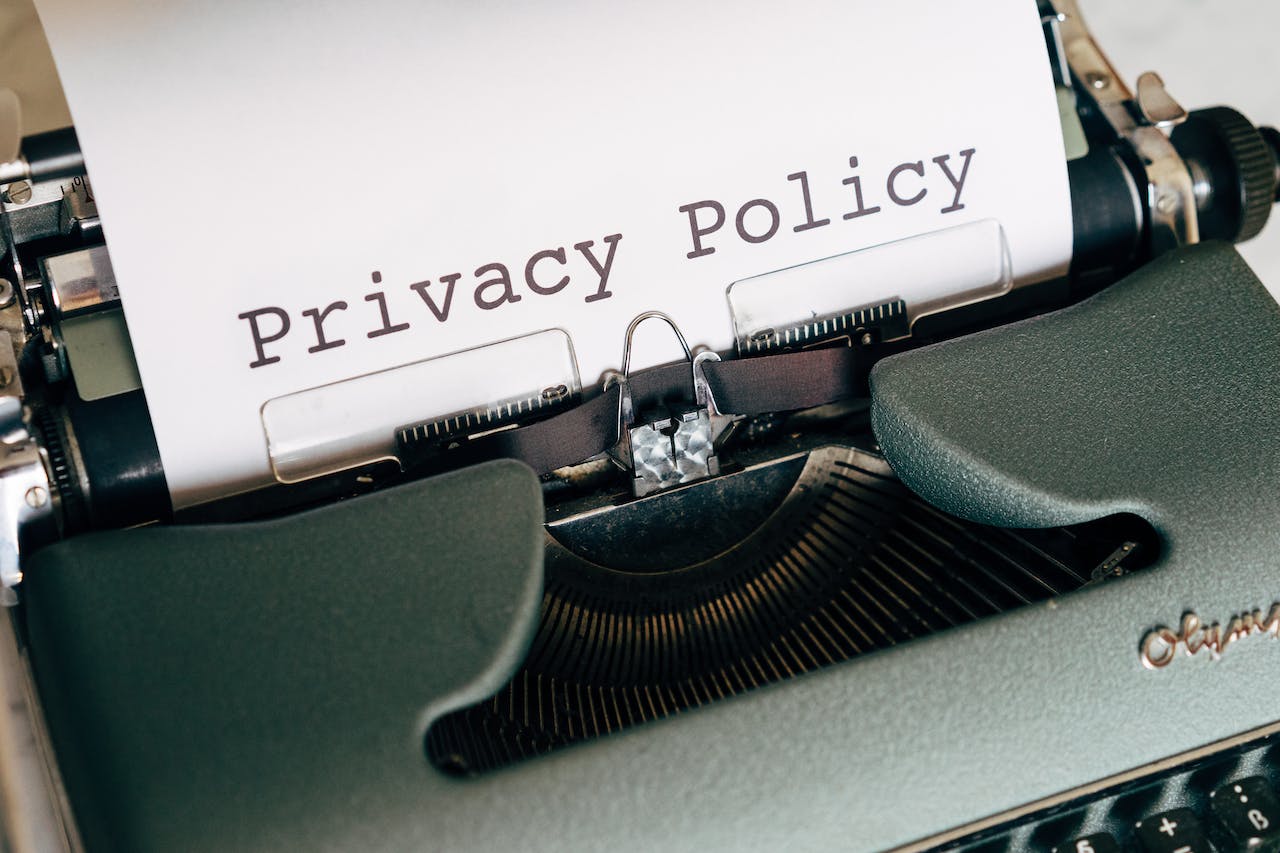
In the intricate fabric of personal and professional interactions, privacy and confidentiality play pivotal roles, ensuring individuals control their personal space and sensitive information. While privacy reflects the need for undisturbed personal realms, confidentiality involves the ethical duty to keep crucial information secret until permission for disclosure is granted.
Despite their interchangeability, these terms hold legal disparities. This article explores the nuanced differences between privacy and confidentiality, which are crucial for understanding legal frameworks, establishing relationships, and maintaining control over personal and classified information. Navigating the landscape of Privacy vs. Confidentialityis essential for a comprehensive understanding of these fundamental concepts.
What Is Privacy?
People have privacy when they can go about their businesswithout being bothered or interrupted by other people. The word privacy comes from the word "private," which means that the public doesn't have much of a say in something. So, privacy means that a person isn't being watched or noticed by the public.
As long as someone has their own life, they have the right to be left alone with their problems. Other people will only be able to see or use his information with his permission. People also tend to hide some facts about themselves because they are afraid that other people will use them against them.
People can choose to keep their business private if they don't want other people to know about it. For example, it makes sense that someone would look for privacy if they want to take a bath, change their clothes, or talk to someone privately. They don't want other people to be able to hear or see what they are saying.
Protection can mean different things depending on the situation, such as physical protection, surveillance, or information protection.
- Physical privacy means that a person has the natural right to keep their place and body private. People may lose this kind of privacy when they are forced to go through invasive processes like cavity searches, genetic tests, and drug tests.
- The idea of surveillance privacy protects the safety and privacy of mail, phones, email, and other ways that people talk to and with each other.
- Information privacy has to do with how the government manages and safeguards people's info. The Federal Government controls how personal information about people is collected. This includes credit card numbers, medical records, and government and medical records.
What Is Confidentiality?
When someone is expected or meant to keep information secret, that person is said to be confidential. The word "confidentiality" comes from the word "confidence," which means "trust." That is, secrecy means that someone is trusted to keep information they are given in confidence secret from other people until both parties agree to share the information.
In many fields, like medicine, law, and others, information shared between a client and a lawyer or a doctor and a patient will not be shared with a third party. When this phrase is used in the military, it means that only authorized leaders can see the private information.
It keeps private information from being open to everyone. Your bank information, like an account number or ATM PIN, or your user ID and password for an email account, a social networking site, or any other website. This will help you understand what secrecy means. What the Act is meant to do is control and protect people's personal, classified information. The Act lets people do the following:
- Ask them to let you see their personal information;
- People should know why their information is being gathered, what it will be used for, and who it will be given to. Allow them to choose not to identify themselves;
- You can ask for wrong personal information to be fixed.
- Complain about a group or body that the Act applies to if they think their personal information has been misused.
Methods For Maintaining Confidentiality In Research
- When you ask for permission, be clear about who will be able to see the records.
- If it makes sense, use numbers instead of names and keep the critical code in a safe place away from the others. You could use a participation number or some other kind of code instead of a name or social security number to identify someone.
- Keep information in files that are locked.
- Make sure that everyone who is involved knows how important it is to keep things secret. What are some ways to keep up with
- Make sure any computer storage is safe.
- When planning the research study, consider using methods for data collecting or analysis that protect people's privacy.
- Use broader categories or other ways to show the data to stop people from figuring out who someone is by inference. Make sure that the information you ask for can't be used to find out who someone is. In a small group, for example, if race, gender, and age are asked, some people would be able to be identified even if no names were given out. Use more significant categories to stop this from happening.
Methods For Maintaining Privacy In Research
- Make sure that the informed consent form tells possible participants enough about what will be asked of them and what they might go through.
- Think about how old the players are. How much privacy people expect changes with age. For instance, a little kid will want their parents to be there. Teenagers would feel bad if they were asked personal questions in front of their parents.
- Think about the participant's society and how that affects how private they want to feel. Consultations with the community, focus groups, and other methods may help us understand different points of view.
- Include ways to keep the participant's privacy safe in their surroundings. For instance, give the participant a quiet place to read the informed consent.
- It would help if you talked to the person about the study alone.
- Give the participant a quiet place to do things related to the study.
Use Of Confidentiality In Professions
When a doctor and patient work together, there is an unspoken agreement to keep information private. You can get help from your doctor by giving them private information and looking it over. It wouldn't be a breach of confidentiality if, say, the doctor asked the pharmacist to fill a prescription for a drug that is known to treat a dangerous type of cancer.
Though it would be unethical for the doctor to tell your boss that you are dying, that would be against their duty of care. The following groups and individuals often handle confidential information:
- Hospitals and doctors
- Therapists
- Law firms
- Businesses
- Religious authorities
- Financial institutions
When it comes to handling private information, these workers usually have to follow strict rules, laws, or regulations. Others use contracts to keep private information safe. If you break these rules or contracts by giving out private information or records, you could face civil or criminal penalties.
Use Of Privacy In Daily Life
In our daily lives, the desire for privacy is a constant thread that runs through our choices, relationships, and interactions.
The lines between privacy and security are often not clear because of how hard it is to balance personal freedom with sharing information. Privacy is an essential part of every part of our lives, from the simple things we do online to the complicated parts of our relationships with other people.
Digital Footprints - Unveiling The Layers Of Online Privacy
Online sites have become an essential part of our lives in the digital age, and privacy has changed in response. The fact that social media is so much a part of our daily lives makes it hard in a strange way.
Although it gives you a virtual stage to show yourself, it also requires you to give up personal information. The things we post, like, and share leave behind a digital trail that is a collection of our likes, dislikes, thoughts, and experiences
Balancing Act On Social Media
The cool thing about social media is that it lets us connect with people all over the world. We have to give up some of our privacy in exchange for this connection, though.
The hard part is finding the right balance between sharing the best parts of life and keeping private events private. It makes us think about what every post means and be aware of the digital tracks that show our presence in cyberspace.
Privacy Settings
Knowing and using your privacy settings is an essential part of being smart online. There are many controls on platforms that let users choose how much of their information is seen.
Changing these settings isn't just a technical matter; it's also an effort to make a private area in the public domain. Determining what we are willing to share and what we want to keep safe is something we do every day.
Workplace Intricacies - The Intersection Of Professionalism And Privacy
Some problems come up at work, which is another place where privacy and security meet.
As workers, we have to find a fine line between being open and keeping personal information safe. People we work with learn about parts of our lives, which can make the workplace an environment where privacy can be tried. Emails,
Meetings And Privacy Dilemmas
Emails and virtual meetings in the digital workplace become places where personal and business things mix. The problem is apparent when personal issues get brought up in work-related conversations.
To find a balance, you have to make a conscious effort to separate things so that personal information stays out of the professional world.
Employer Surveillance
As more people work from home, the problem of employers watching their workers has become more critical. There may be good reasons for companies to keep an eye on what their employees do, but the fact that they are getting into private areas makes me wonder about the right to privacy.
People's daily lives, work habits, and even their private spaces are watched, making it harder to tell the difference between professional standards and personal privacy.
Homefront Harmony - Balancing Family Bonds And Personal Space
Inside our own homes, the fight for privacy continues, showing up as the careful balance between personal space and family ties. Because of the shared places and activities that come with being a family member, it can be hard to find time for yourself and your thoughts.
Parental Dilemmas In The Digital Age
Parents always have to figure out how to protect their kids' privacy while also making sure they are safe online.
While keeping an eye on kids' online activities to protect them from possible threats is important, it's also essential to build trust and respect their growing need for personal space as they get older.
Spousal Dynamics
When two people are married, private has more complex meanings. To balance shared tasks with the need for privacy and time for oneself, people must be able to talk to each other and respect each other.
Understanding that privacy is not a way to get away from the relationship but is an essential part of one's health is the key to living together peacefully.
Issues Related To Privacy
When it comes to privacy, the following problems should be thought about and, if necessary, dealt with in the protocol narrative:
- The suggested group of subjects?
- How are potential participants found and contacted? This is one of the suggested recruitment methods.
Acceptable Methods
- Posters, ads, and other images
- Send an introduction letter to coworkers to hand out to eligible people; interested people should call the researcher.
- Primary care staff call people who qualify to see if they are interested.
Unacceptable Methods
- Look through medical records or an existing database (like a registry) for qualified subjects. Then, have a researcher who has never worked with a possible subject before find them. This method invades their privacy.
- Get people to take part right before a sensitive or invasive treatment.
- Keep private information from screenings without the permission of the people who didn't qualify or refused to participate in case they want to take part in future studies.
- Will the people being studied feel okay giving this information in this way?
- The person could have a right to privacy if they were passively watching the subject (for example, in a chat room for breast cancer patients).
- Will the researcher gather private information about a third party, like that person's mental sickness or drug abuse in the family? If so, you should get informed permission from a third party, right?
FAQs About Privacy Vs. Confidentiality
Why Is Confidentiality And Privacy Important?
Confidentiality and privacy are crucial for safeguarding personal information, preserving trust, and upholding individual rights.
What Are The Uses Of Confidentiality?
Confidentiality is used to protect sensitive data in professional settings, such as safeguarding client information in healthcare or maintaining corporate trade secrets.
What Is An Example Of Confidentiality Privacy?
Medical records, where patient details are kept private to ensure confidentiality, serve as an example of the intersection between confidentiality and privacy.
What Are The Principles Of Confidentiality And Privacy?
The principles include limiting access to sensitive information, obtaining consent for data use, implementing secure communication channels, and complying with legal and ethical standards.
A Quick Recap
In the intricate fabric of daily life, privacy and confidentiality are indispensable threads. From digital footprints to workplace intricacies and familial dynamics, the desire for personal autonomy and the responsible handling of sensitive information persists.
Privacy, encapsulating the right to be left alone, and confidentiality, rooted in trust, underscore the need for ethical considerations in an interconnected world. Balancing openness with protection, these principles guide our choices and relationships.
In the ongoing discourse of Privacy vs. Confidentiality, they serve as essential pillars, emphasizing the delicate balance between individual autonomy and responsible information management in the digital age. Privacy vs. Confidentiality remains an enduring and vital consideration.
